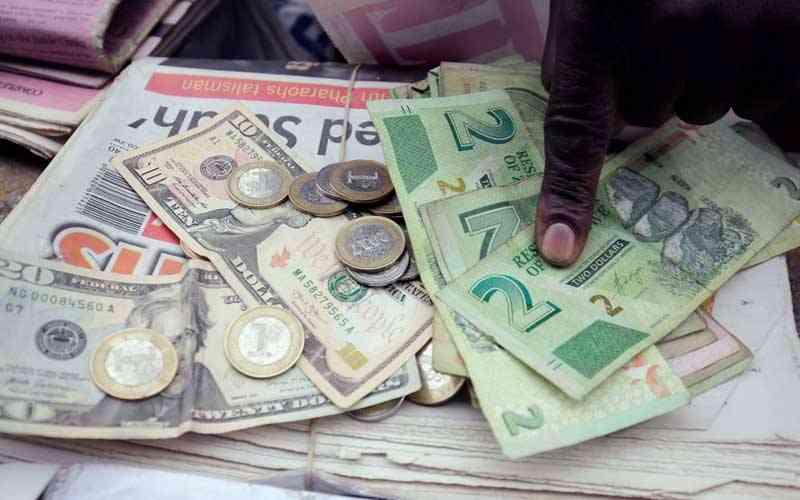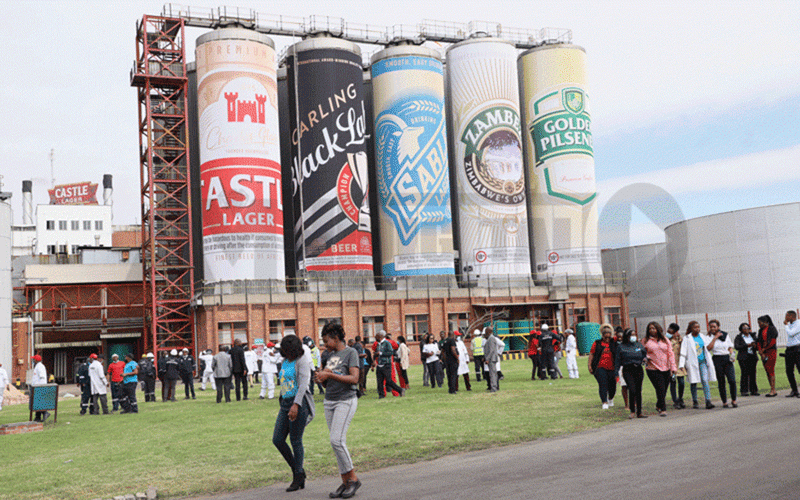
DIVERSIFIED agro-industrial concern, Ariston Holdings Limited, is banking on higher macadamia prices for the current season to overturn its loss amid plans to focus on quality, production efficiencies and cost-cutting measures.
This comes after loss-making position of the group widened to ZWL$33,06 billion for the year ended September 30, 2023, from a 2022 comparative loss of ZWL$5,94 billion.
The firm blamed the loss on unrealised exchange losses arising from United States dollar-denominated liabilities after a sharp depreciation of the local currency.
The concern is focusing on its macadamia business, a big foreign currency earner.
In a statement accompanying the group’s financial results for the year ended September 30, 2023, Ariston board chairperson Alexander Jongwe said the company was focusing on quality, production efficiencies and cost-cutting measures.
“The 2023/24 agricultural season is expected to have lower than normal rainfall. The group will have to rely heavily on its irrigation systems in mitigation. Dryland activities will be kept at a minimum. It is hoped that the extremely hot conditions will not persist for the duration of the entire season,” he said.
“The tea production season has commenced well with harvests being greater than that harvested in the prior comparative period. Macadamia orchards, so far, have better nut set than the prior comparative period. Macadamia export prices being indicated for the 2023/2024 season are higher than prices achieved in the current year.”
Jongwe said indications were that the global oversupply situation that arose during the COVID-19 period had now come to an end with the market being undersupplied.
- Chamisa under fire over US$120K donation
- Mavhunga puts DeMbare into Chibuku quarterfinals
- Pension funds bet on Cabora Bassa oilfields
- Councils defy govt fire tender directive
Keep Reading
“Increasingly buyers are now trying to secure offtake agreements for the upcoming season. This is an improvement and points towards going back to the pre-COVID-19 period,” he said.
During the year under review, macadamia prices remained low because of the oversupply of macadamia nuts that started during the COVID-19 period and persisted into the current year.
“Macadamia production volumes for the year increased by 23% in the current year compared to the prior year. Unfortunately, the oversupply issue described in the prior year which arose from the effects of COVID-19 wherein major world economic players were in lockdown persisted into the current year,” Jongwe said.
“Prices were still lower than the pre-COVID-19 period, however, demand improved albeit at lower prices. The average selling price declined by 40% in the current year compared to the prior year.”
At the same time, tea volumes declined by 34% because 20% of the tea farms were pruned down and will start to produce after some years at a more vigorous level.
“Tea volume in the current year declined 34% from 3 158 tonnes to 2 427 tonnes. This decline was a result of 20% of the lowest-yielding tea gardens being pruned down for the season as the fertiliser costs would have made these gardens’ viability marginal. They will come back into production in later years, at a more vigorous level,” Jongwe said.
“At the same time, focus on quality was enhanced resulting in improvements in the overall average selling price from US$1 075 per tonne to US$41 875 per tonne, which was a 68% increase.”
Further, export tea sales volumes improved by 21%, with the average selling price improving by 6%.
While local tea sales volumes declined by 6%, the average selling price improved by 38% due to increased dollarisation.
Resultantly, overall group revenue increased by 15% to ZWL$435,47 billion during the period under review, from the comparative year due to this improvement in tea prices.
“Other products comprising potatoes, commercial maize, seed maize, soya beans, and bananas contributed 19% to the group’s turnover, up from 10% in the prior comparative year,” Jongwe said.
Of concern, however, is that the firm’s loss-making position left the firm barely capitalised having nearly 94 ZWL cents to every dollar of short-term debt.
Assets rose by nearly 17% to ZWL$173,67 million during the period under review, from the 2022 comparative of ZWL$148,84 billion, mostly due to a revaluation of property, plant and equipment.











